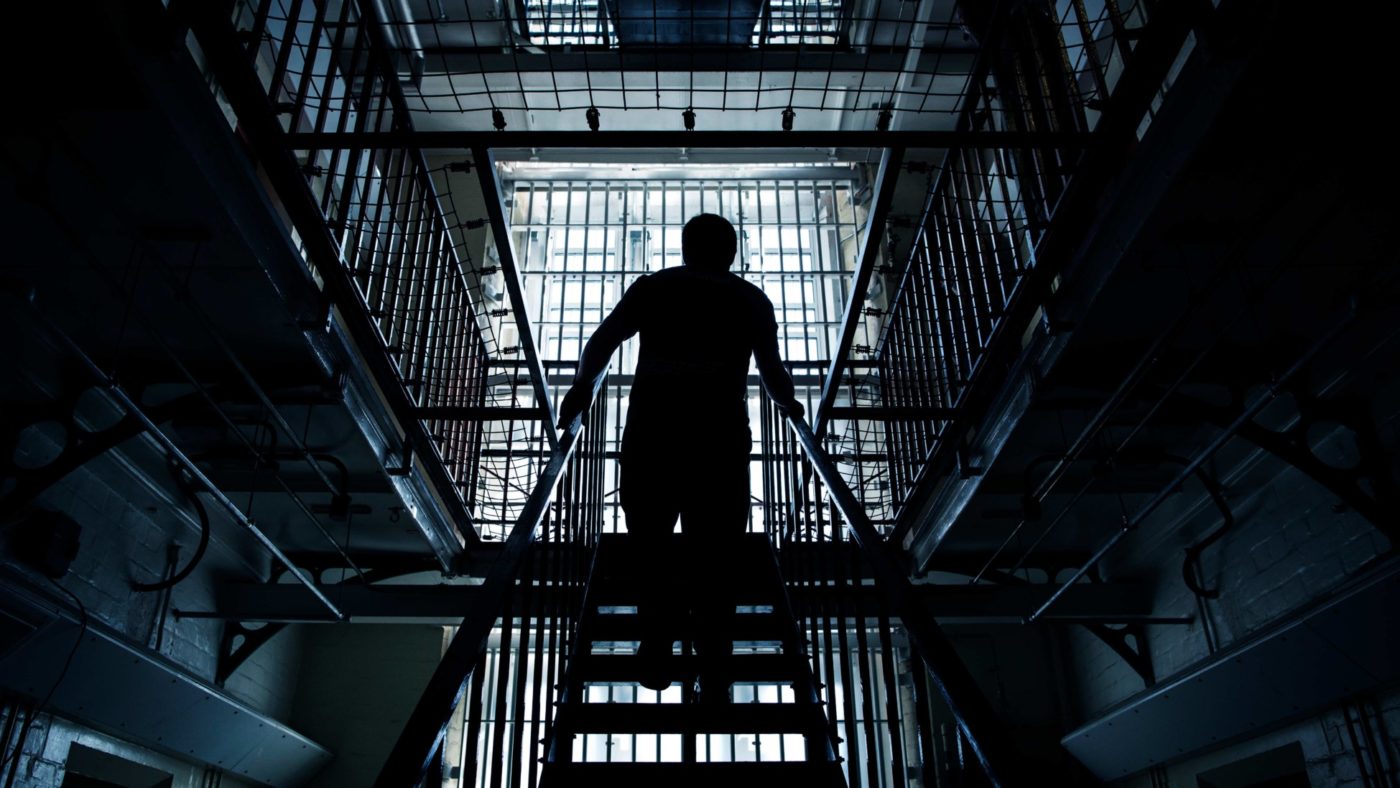The row over the release on parole of convicted serial rapist John Worboys shines a necessary light on the difficult relationship between justice for offenders and victims. That there is conflict at this level isn’t always the symptom of a broken system – it’s often the way good decisions are made.
When I was a prison Governor, I had regular meetings with my senior Probation officer to consider and approve release, on temporary licence, of some very serious offenders. My perception of my colleague was that he wanted to release everybody; and his of mine, no doubt, was that I wanted everyone locked up.
Somewhere in the middle of those sometimes hairy exchanges, we managed to make balanced, proportionate decisions, often taking controlled risks in the interests of reducing long-term reoffending. As far as I can recall, our bad-tempered collective decision making was rarely wrong – though like many Governors I keenly remember the relief felt when the Gate reported a prisoner returning to custody at the appointed time.
So I hope that the three-person panel that was deciding upon the release of Worboys had similarly hairy exchanges. I hope it consisted of people with varying perspectives and life experiences, who were brought together by a selection process which builds in intellectual diversity as well as the other important characteristics.
Good decisions can only be made following a rigorous assessment of progress in custody and the capacity, as well as motivation, to change; I hope this was corroborated by the various professionals involved in Worboys’s care. I hope the decision was based on more than his participation in the now discredited Sex Offender Treatment Programme. I hope that his offender manager in custody has the time and the space to observe him closely and provide vital information. And I also hope that Worboys was sent to a category D establishment to be tested in seni-open conditions prior to the decision.
But who knows? None of this information is currently available to the public because of the Parole Board’s own rules. For all you and I know, this process was followed to the letter and the decision for his release and the conditions governing it was correct.
What we do know is that none of Worboys’s victims was contacted prior to the release decision. So it follows logically that none of them could attend an oral hearing of the case and read out, or have submitted (if the parole panel elected to meet in private), a victim impact statement, as is their right.
The Victims’ Information Service, which would appear to be an outsourced afterthought, apparently failed to inform Worboys’s victims before his release was publicly announced, violating them yet again. It would seem that victims have to opt in to this system in order for it to work on their behalf, which is a bloody ludicrous state of affairs.
We also know that the police say that dozens more of the serial sex attacker’s potential victims have come forward since his conviction – a fact apparently unknown to the Parole Board panel assessing his suitability for release. Because none of the other aspects of the decision-making process is available for public scrutiny to provide balance and provide context, it starts to look to the public like a bungle – not a word the victims of this horrendous predator would use to describe it.
Nick Hardwick, the Chair of the Parole Board has been on air apologising for the victims’ distress and promising an investigation of the facts. I know Nick a little, and I am sure that he will be feeling responsible for that distress and will want to press ahead in reforming the parole process so that the vital balance between justice for offender and victim is restored.
The overwhelming issue affecting this balance is the culture of secrecy. Why is it, in cases of national interest involving high profile offenders that the Parole Board can elect to meet in private to consider release? Why can’t the public, and victims in particular, participate more in the decision making process? And why isn’t the decision published in full with its justification?
I accept there are a small number of cases when full disclosure might harm victims further or be a risk to national security (terrorist offenders’ licence conditions, for example). But, in the main, our justice system works better when it operates in front of citizens as well as on their behalf. The individual Parole Board members I know are thoughtful and compassionate people who take great care in their deliberations. But while they operate inside a corporate culture of secrecy, the risk of detachment from public sentiment increases.
This is not a prescription for ‘Parole by Twitter’, nor should greater external scrutiny result in risk-averse decisions which render parole unreachable for the majority of offenders. To remove that hope would add even more volatility to our already deranged penal system. Hope is a very important motivator for prisoners, and indeterminate sentencing should be used extremely sparingly, ironically for offenders such as John Worboys.
Without scrutiny, it’s very hard to see whether the public are protected by this Parole Board decision. And it’s easy to be sceptical because Worboys’s victims have been treated so shamefully.
So two things should happen now. First, the Secretary of State for Justice should use his executive authority to review the decision and ensure that it is rational, proportionate and just before he is released. Then we need urgent, well-considered legislation to open up the parole process so that we can all be sure the inevitable tension between justice for the offender and the rights of the victim and wider community are fully aired and they result in the right decisions. John Worboys’s victims deserve nothing less.


